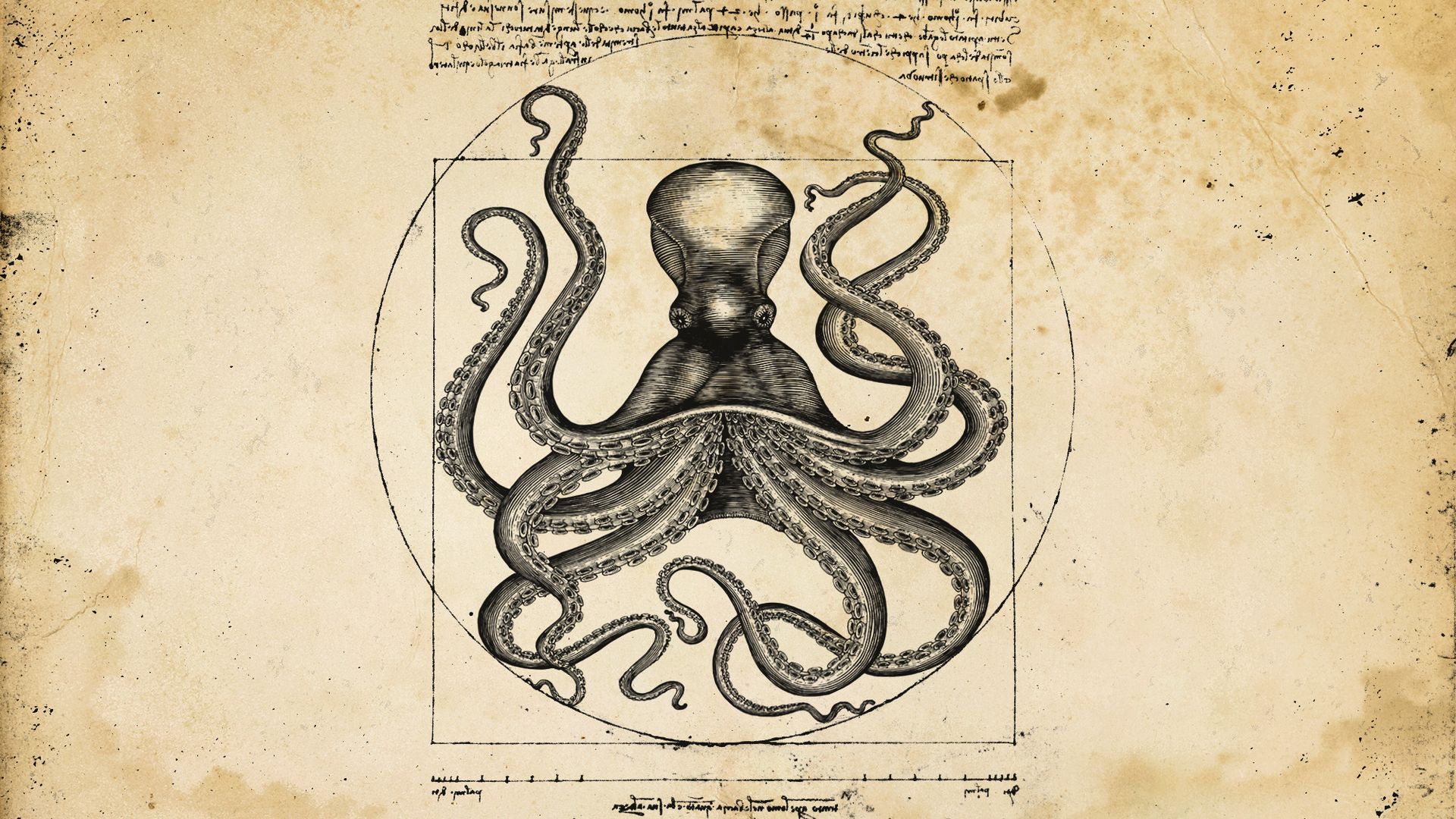
Last year, speculative fiction author Ray Nayler published "The Mountain in the Sea," his first novel, depicting a not-too-distant future in which humankind is faced with an awe-inspiring (and deeply disquieting) possibility: that our singular perch atop the evolutionary ladder may not be quite so singular after all. In the novel, a newly discovered community of hyper-intelligent octopuses off the coast of Vietnam developed its own advanced language and the ability to use complex tools.
While Nayler's story is wholly fictional, it is not without basis in a very real school of zoological thought, one which holds that octopuses are indeed unique within the animal kingdom as we understand it today. So much so that they may be Earth's next big species if ours ends up going the way of the dinosaurs.
'Filling an ecological niche in a post-human world'
said. That would namely be us humans, whose distant ancestors were initially aquatic before becoming land-based mammals.
. They are some of the "most intelligent, adaptable and resourceful creatures on Earth," and octopuses' "advanced neural structure, decentralized nervous system and remarkable problem-solving skills" make certain types "well suited for an unpredictable world" under the right circumstances. They are even "capable of distinguishing between real and virtual objects, solving puzzles, interacting with their environment, handling intricate tools with their thumb-like tentacles, and thriving in a wide variety of habitats."
'Not likely to develop a culture'
. Crucially, octopuses' evolutionary prospects are "highly constrained by their very short life span," with most living for "just a year and some as little as six months."
Dexterity and problem-solving skills aside, octopuses are unlikely to create a "human-like society because of their social habits," said University of Sydney Philosophy of Science Professor Peter Godfrey-Smith to Popular Mechanics. In large part, that's because octopus parents are virtually non-existent in their babies' lives, meaning that in order to develop anything resembling a "culture" as we understand it, they would need to evolve to foster "more intergenerational connections." Given that octopuses have been evolving for hundreds of millions of years without those sorts of multi-generational cultural advantages, it's "unlikely that this will change anytime soon," the magazine said.
said. "These are just possibilities," Coulson said to The European. "It's impossible to predict with any degree of certainty how evolution will unfold over extended periods."


Post a Comment
0Comments